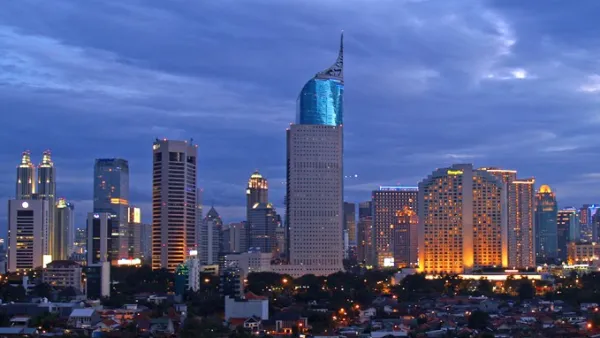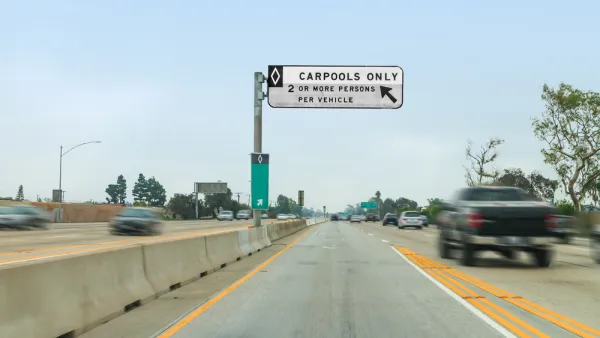Officials in Indonesia are increasingly considering a plan to relocate the capital from Jakarta to another, less troubled location.
Many there see the city as being overcrowded and ill-equipped to continue to function.
"It is the world's largest city without an underground transport system. Some 9.6 million reside here but during the day the population rises by almost a third, with the influx of 3 million people from the suburbs. Road traffic moves at an average speed of 13km/h and, according to some statistics, you can easily spend three or four hours a day gridlocked. The congestion costs around $2.5bn a year in lost production.
Indonesia's president, Susilo Bambang Yudhoyono, recently suggested the only solution was to move the capital, an idea first aired by President Sukarno, who led the country to independence in 1945. The most ambitious project would involve moving the presidency, civil service, government, parliament and all the national institutions from the island of Java, on which Jakarta stands, to the Indonesian part of Borneo, about 1,000km to the north-east. According to Velix Wanggai, the president's special adviser on regional development, this big idea, which would take about a generation to realise, is just one of the available options."
FULL STORY: Overstretched Jakarta's future as Indonesia's capital is in doubt

National Parks Layoffs Will Cause Communities to Lose Billions
Thousands of essential park workers were laid off this week, just before the busy spring break season.

Retro-silient?: America’s First “Eco-burb,” The Woodlands Turns 50
A master-planned community north of Houston offers lessons on green infrastructure and resilient design, but falls short of its founder’s lofty affordability and walkability goals.

Delivering for America Plan Will Downgrade Mail Service in at Least 49.5 Percent of Zip Codes
Republican and Democrat lawmakers criticize the plan for its disproportionate negative impact on rural communities.

Test News Post 1
This is a summary

Test News Headline 46
Test for the image on the front page.

Balancing Bombs and Butterflies: How the National Guard Protects a Rare Species
The National Guard at Fort Indiantown Gap uses GIS technology and land management strategies to balance military training with conservation efforts, ensuring the survival of the rare eastern regal fritillary butterfly.
Urban Design for Planners 1: Software Tools
This six-course series explores essential urban design concepts using open source software and equips planners with the tools they need to participate fully in the urban design process.
Planning for Universal Design
Learn the tools for implementing Universal Design in planning regulations.
EMC Planning Group, Inc.
Planetizen
Planetizen
Mpact (formerly Rail~Volution)
Great Falls Development Authority, Inc.
HUDs Office of Policy Development and Research
NYU Wagner Graduate School of Public Service




























